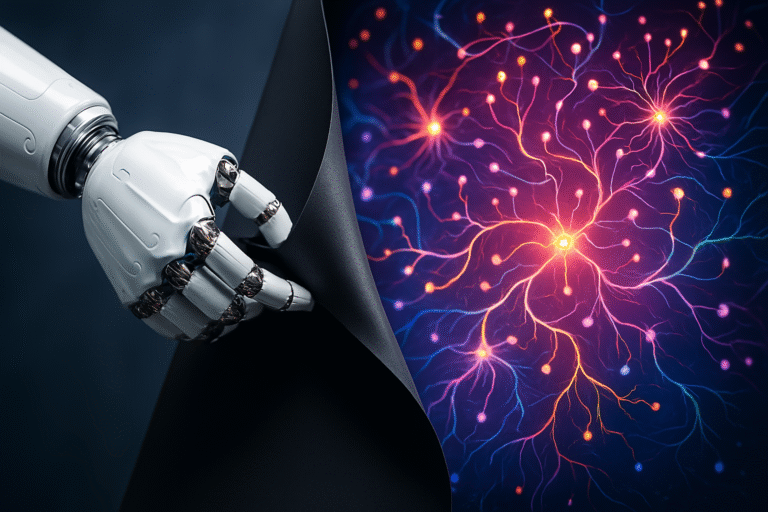When AI Reshapes Career Paths: Navigating the New Professional Landscape
Something caught my attention earlier this week that I haven’t been able to shake off. A local US news station announced they were replacing their entire production team—twenty skilled professionals—with a single AI system managed by one supervisor.
This isn’t just another story about AI replacing jobs. It’s making me think harder about how we’ll develop tomorrow’s industry leaders when today’s entry-level positions are disappearing.
The Traditional Path Is Changing
Remember your first professional job? Mine involved countless hours organizing data, preparing presentations, and learning from mistakes (sometimes embarrassing ones!). These tasks might have seemed mundane, but they were actually crucial building blocks.
In professional services—whether finance, law, consulting, or broadcasting—entry-level positions have always been our training grounds. Junior staff start with fundamental tasks while shadowing senior professionals, gradually building the expertise needed for leadership roles.
What’s Happening Right Now?
The changes are coming faster than anyone expected:
- Financial firms are bringing in fewer analysts
- News stations are running with AI-powered production systems
- TV and film studios need smaller editing teams
- Medical software teams are shrinking from ten people to three
- Customer service departments are becoming increasingly automated
But here’s what keeps me up at night: I think about those professionals at the news station—people in their 50s with decades of experience and limited options for career transitions. I think about recent graduates discovering that their chosen field’s entry points are vanishing.
When AI handles all the foundational work, we face a puzzling question: How will newcomers develop the expertise needed for senior roles?
Think of it this way: Imagine trying to become a master chef without ever chopping vegetables or managing a busy kitchen during rush hour. Those experiences, sometimes tedious and challenging, build the intuition and judgment needed for success.
Finding New Ways Forward
Rather than resist this change, we need to get creative about developing talent in an AI-enhanced workplace. Maybe the solution lies in redesigning entry-level roles to focus on what AI can’t do well:
- Building genuine client relationships
- Finding creative solutions to unique problems
- Understanding the human elements of business decisions
- Developing strategic thinking skills
So, if you’re currently established in your field, your experience is more valuable than ever. Take time to identify those aspects of your work that truly require human touch—the moments where your intuition, empathy, and professional judgment make all the difference.
You’ve built up years of wisdom that AI simply can’t replicate, so consider sharing this knowledge through mentorship. Your insights could help shape new training programs that work alongside AI tools while preserving the essential human elements of your profession.
For those just starting their professional journey, you’re in a unique position to shape the future of work. Rather than seeing AI as competition, focus on developing skills that technology enhances—not replaces. Build relationships with experienced professionals who can help you navigate this evolving landscape. Y
our greatest advantage will be your ability to understand both the technological and human dimensions of your field, finding innovative ways to blend them together.
The career ladder isn’t breaking—it’s being rebuilt. And while that process might feel unsettling, it also creates opportunities for those willing to adapt and grow.
Want to explore more strategies for navigating these changes? Join us at The Hybrid Advantage, where professionals like you are coming together to share experiences and develop practical approaches for thriving in an AI-enhanced workplace.







